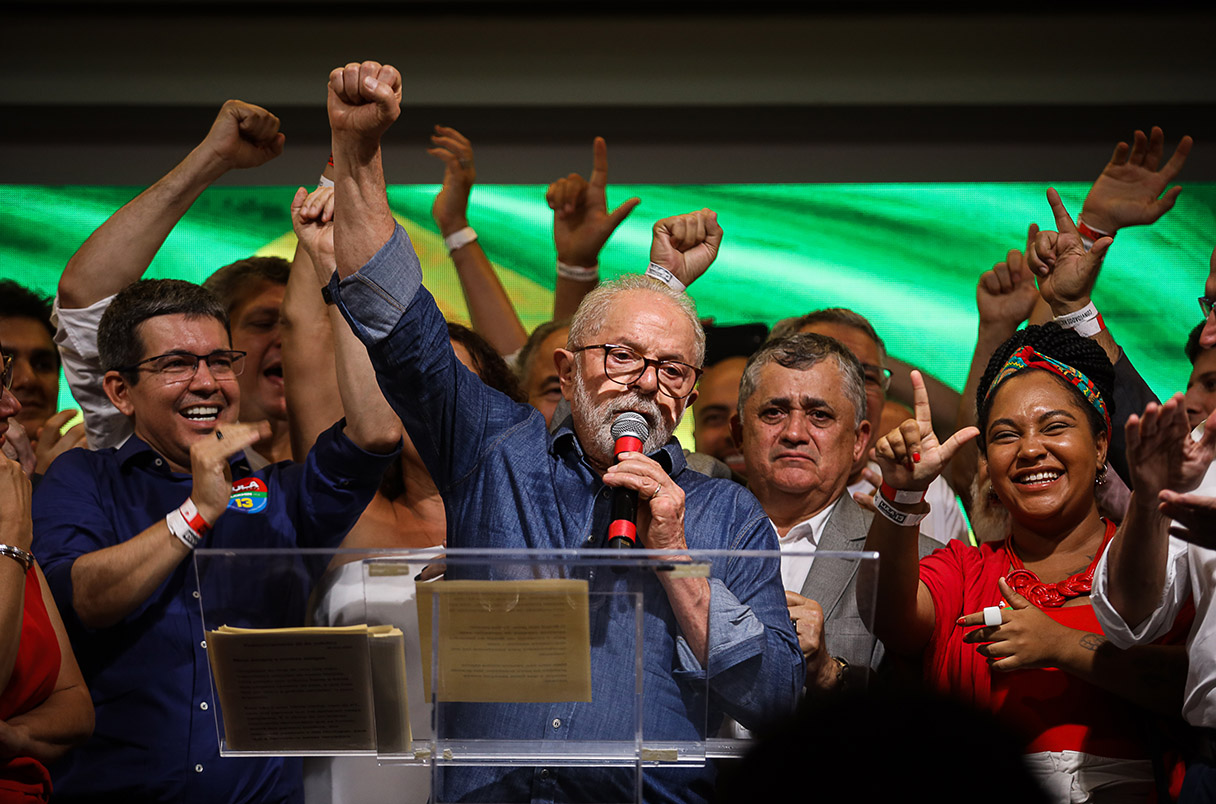It has been just over six months since Donald Trump ascended to the presidency, and he and his GOP allies have wasted no time or effort in pushing the United States as far to the right as it can.
Between attacking diversity and equity measures, the media, political enemies, environmental regulations, and labor protections, the right wing of American politics has operated without any meaningful setbacks or defeats from the Democrats. This has been in large part due to the current identity crisis that is plaguing the Democratic Party, which is still reeling from a crushing election loss last year that saw it embrace centrism over progressivism, to no avail.
But while the identity crisis continues, signs are growing that the future of the Democratic Party lies not in the past, focused on wooing independent voters with more conservative ideas with a liberal paint-job, but in embracing the new solutions being put forward by a new generation of leaders.
Analysis
Across the world, there has been a burst of support for far-right governments over the past few years. From Germany and France to Japan and Argentina, the far right is riding high across the world at the moment. But in most of these cases, there has been an interesting counter-balancing effect.
Left-wing and far-left parties have also seen electoral gains in many of the elections in which the far right also gained ground. Germany saw a massive membership surge for its left-wing party, while France’s left wing election support shocked onlookers. In Brazil, after far-right leader Jair Bolsonaro left office in 2022, the nation brought back leftist ex-President Luiz Inácio Lula da Silva.
The United States has not been exempt from this trend, although the pendulum is now just beginning to swing back. With Zohran Mamdani’s primary win in the NYC mayoral election, the power of embracing progressive politics has been on full display.
In Minneapolis’ mayoral race, the Democratic Party has already begun testing the waters with new candidates. For the first time in 16 years, the party endorsed a candidate in the race. But to many people’s surprise, it wasn’t the incumbent Democrat Jacob Frey. Instead it was another young, Muslim, democratic socialist: State Senator Omar Fateh.
His main policies echo Mamdani’s, with a focus on an additional tax for affordable housing, rent stabilization, and a $20 minimum wage alongside protections for Uber drivers. While Fateh doesn’t have the scandal-ridden fields of opponents that Mamdani did, he still has an endorsement, momentum, and a platform that is popular at the moment. He also, importantly, has allies on the city council, where socialists hold 4 of the 13 seats.
City councils are becoming the testing labs for policies like these across the country. Another place that is seeing a left-wing surge is Portland, where voters elected 4 left-wing city councilors, a third of the whole council. Angelita Morillo, a Democratic Socialist, is one of them.
She is pushing for free garbage pickup, fareless buses and trains, government-run grocery stores with price control. Alongside her three comrades, she has consistently backed policies in line with those of the Democratic Socialists of America (DSA).
These names are a handful of thousands running in races across the country. Organizations like the DSA have historically seen their numbers grow under Trump’s administration first term , and this time around they’ve has seen similar levels of rapid growth, much of which has been driven by new members in New York City after Mamdani’s popularity exploded. From Seattle and Detroit to Atlanta, the DSA has candidates in a host of races. And that is just one left-wing organization.
Fateh and Morillo are both newcomers to the scene, and their elections are just drops in a progressive wave flowing across the nation. But there are also progressives in office right now who have successful track records and the support of their constituents.
For example, Michelle Wu, the mayor of Boston, currently enjoys a 61% approval rating after four years tightening environmental standards and building affordable housing units. Even while some of her other policy goals, like rent control and a completely free public transportation system have stalled, she is seemingly still the choice in the mayoral race.
Another place that has seen successful progressive leadership has been Gabriel Sanchez, a House Representative in Georgia and the first Democratic Socialist lawmaker in Georgia history. He beat both the Republican candidate, winning over 60% of the vote, and the incumbent Democrat in the party primary by calling for a $20 minimum wage, statewide Medicare for All, and staunchly anti-Israel rhetoric.
While most of these election wins remain at the local level, a progressive wave is beginning to swell, and it is only a matter of time before it becomes a force in American politics. The Democratic Party now faces a pivotal choice: to either adapt to this new political reality and act to balance out the far-right federal government, or adapt to what seems to be the growing will of a people tired of politics-as-usual.
Engagement Resources
- Vote Smart is a non-profit, non-partisan research organization researching every official’s and candidate’s voting records and policy platforms.
- Run For Something is an organization focused on fostering young and progressive campaigns across the nation.
- The Working Families Party and the DSA are both left-wing organizations fielding candidates in a wide range of local elections.

